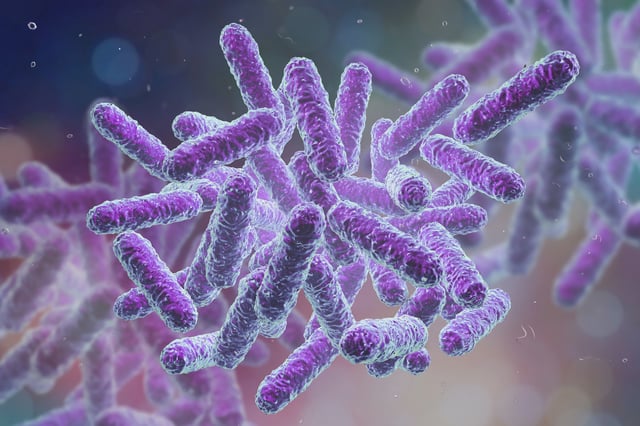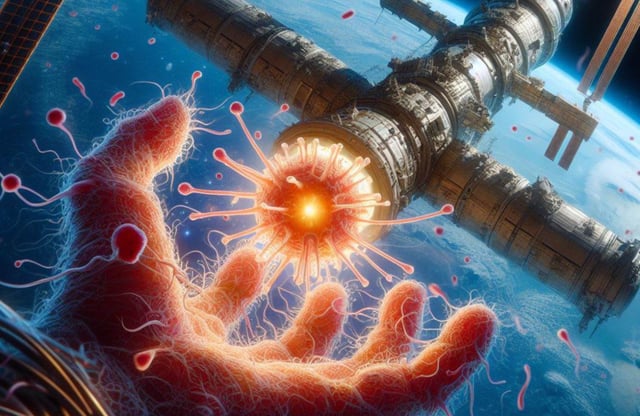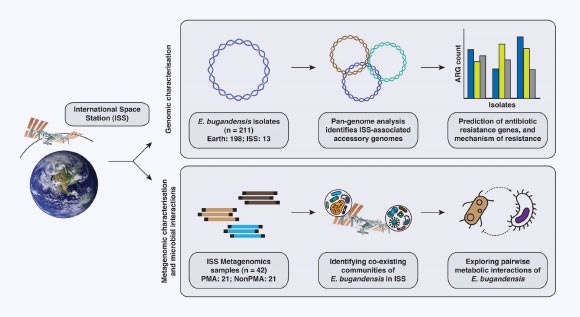Overview
- Studies show Enterobacter bugandensis, a multi-drug resistant bacterium, has mutated under ISS conditions, becoming functionally distinct.
- The bacteria's adaptation includes increased antibiotic resistance and potential virulence, posing a risk to astronauts' immune systems.
- Genomic analysis of 13 ISS strains reveals significant differences from Earth strains, suggesting unique evolutionary paths.
- The unique ISS environment, including microgravity and elevated radiation, facilitates rapid microbial mutations.
- Researchers emphasize the need for robust preventive measures to protect astronaut health from these pathogens.


